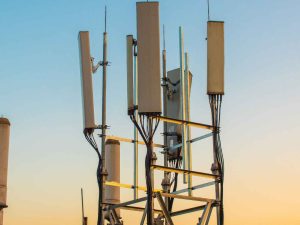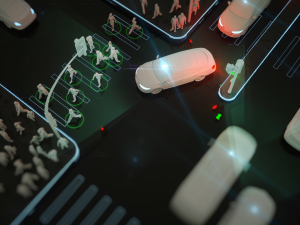5G, IoT and Small Cells Design

Course Overview
The current Telco architecture that comprises of vertically integrated, discrete network elements will be transformed into one that is cognitive, cloud-optimized and offers seamless operation. Such next-generation networks will not be server-centric, but rather, will be focusing on data and content requirements. The data and the applications that use this will be decoupled.
The new network architecture will support easy scalability, with security and privacy built-in, and enable energy efficient operations. What’s more, the new architecture will offer the lowest Operational Expenses (OPEX) and would be able to flexibly support an extremely wide range of uses.
The International Telecommunication Union (ITU) has classified 5G mobile network services into three categories: Enhanced Mobile Broadband (eMBB), Ultra-reliable and Low-latency Communications (uRLLC), and Massive Machine Type Communications (mMTC).
Target Audience
This course is designed to provide a general overview for strategic or technical managers, consultants, communications professionals, network professionals and others who plan on using, evaluating or working with WCDMA & LTE wireless networks, applications and services.
Duration & Training Format
- Classroom: 3 days
- LIVE Virtual: 21 hours
- A minimum of 8 or more participants is required for a Classroom session to commence.
- A minimum of 6 or more participants is required for a LIVE Virtual session to commence.
- LIVE Virtual courses can be conducted for 5 hours or 7 hours daily. Please note that the number of training days will be extended if you opt for 5 hours daily.
Upcoming Course Dates
There are no upcoming course dates currently scheduled for this course. If you are keen on attending this course, please register your interest and indicate your preferred start/end training dates via our course enquiry form for us to open a Classroom/LIVE Virtual class schedule for this course.
Course Outline
- 5G, IoT & Small Cells Technology Enablers
- 5G Introduction
- 5G Architecture
- Applications of 5G
- IoT & 5G
- Security Considerations in 5G
- Role of Analytics & Applications in 5G
- 5G Advancement
- 5G Radio
- Migration to 5G
- Advanced Features details
- How Operator can move smoothly to 5G
- 5G use cases
- 5G & IoT framework compatibility
- 5G fundamental role in IoT
- IoT Architecture
- IoT Architecture Layers
- IoT Stack
- Overview of IoT Connectivity Methods and Technologies
- Small Cells Planning and Design
Pre-requisites
Prior knowledge of 3G and 4G is highly recommended.



